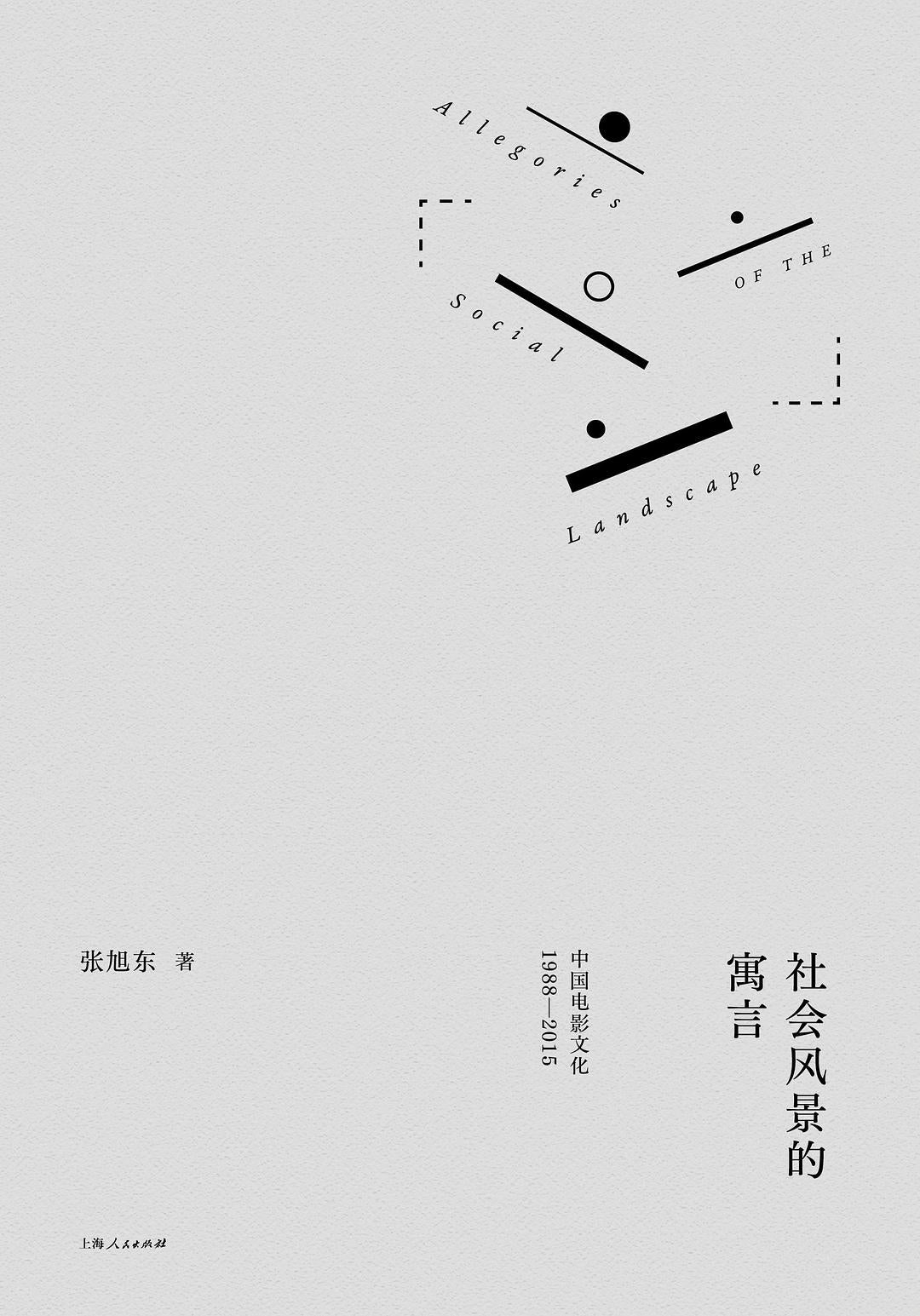WULOLIFE
《社会风景的寓言》作者: 张旭东 出版社: 上海人民出版社 副标题: 中国电影文化1988—2015
《社会风景的寓言》作者: 张旭东 出版社: 上海人民出版社 副标题: 中国电影文化1988—2015
Couldn't load pickup availability
Description
内容简介 · · · · · ·
★从陈凯歌到贾樟柯,中国电影如何走上世界舞台?
★回梳理银幕上的民族寓言。
★他们自命为民族新电影的立法者,他们总是做好了颠覆既存秩序的准备,他们的成功,至今仍然是世界电影史上一个值得深入研究的范例。
收录张旭东自1988年以来的电影研究和批评文章。全书主要关注20世纪80年代中后期开始崛起的“中国新电影”,自这一时代,中国电影开始审视自身历史,盘点民族电影的文化资源,探索审美突破的策略,努力以此发出自己的声音并“走向世界”。
张旭东在书中主要以“第五代”电影为主要分析对象,对《红高粱》《孩子王》《秋菊打官司》《芙蓉镇》等名家名作,以及以贾樟柯代表的“第六代”导演作品的叙事解析和批评阐释,结合中国的社会历史语境,探讨历史如何在银幕上再度呈现,第五、第六代导演在海外与在国内民族文化图景中的位置,以及电影现代主义在社会与意识变革舞台上的位置,等等。
作者简介 · · · · · ·
东亚研究系教授,国际批评理论中心主任。曾兼任华东师范大学“紫江讲座”访问教授;北京大学“长江学者”讲座教授、人文讲席教授(访问)、国际批评理论中心主任。中文著作包括《改革时代的中国现代主义——作为精神史的80年代》《全球化与文化政治——90年代的中国与20世纪的终结》《我们时代的写作》《对话启蒙时代》《纽约书简》等。译有《发达资本主义时代的抒情诗人》《启迪》。编有《晚期资本主义的文化逻辑》《传统与形式创意》。
目录 · · · · · ·
——对 “中国新电影”的尝试性把握“现代电影语言”的生成—— “第五代”电影的意识形态审美化策略社会风景的寓言——对陈凯歌《孩子王》的批评阐释《红高粱》的乌托邦与意识形态下编 影像叙事与正当性作为政治寓言的人道主义——重读 《芙蓉镇》
里的重复与寓言创伤、叙事与记忆——评田壮壮的《蓝风筝》
消逝的诗学——贾樟柯的电影创作附文电影叙事中的历史冲突——谈 《末代皇帝》
在纽约看《英雄》
《长恨歌》
——从小说到舞台何谓祥子?
——评歌剧《骆驼祥子》
聚义厅还是桃花源?
——管虎的《老炮儿》观后谈
